Gender Justice
What Sri Lanka’s economic crisis looks like for women
Sri Lanka’s foreign exchange earnings rests on the back of women workers, who predominantly populate the garment sector, tea exports and migrant workers to the Middle East. Yet, in the current response to Sri Lanka’s debt crisis, the voices and needs of working-class women are once again ignored by policymakers. However, the evidence is of women intensifying unpaid labour, facing impoverishment and poverty together with their families facing severe malnourishment. Alongside, the conditions under which they perform paid labour deteriorate and they witness rapid declining real wages.
Feminists and feminist economists argue that debt justice is a feminist value and principle. And at the core of our understanding of debt justice is the principle that working class women cannot be made to pay for the ‘odious debt’ generated by the recklessness international lenders and the corruption of (almost entirely male) Sri Lankan elites (business class, politicians and bureaucrats).
The IPE hopes to underline the gendered nature of the debt crisis and spotlight on policy changes that may be detrimental to women and working women especially. We will do this by bringing to our platform crucial feminist work undertaken by numerous activists, analysts on the ground and our own work.
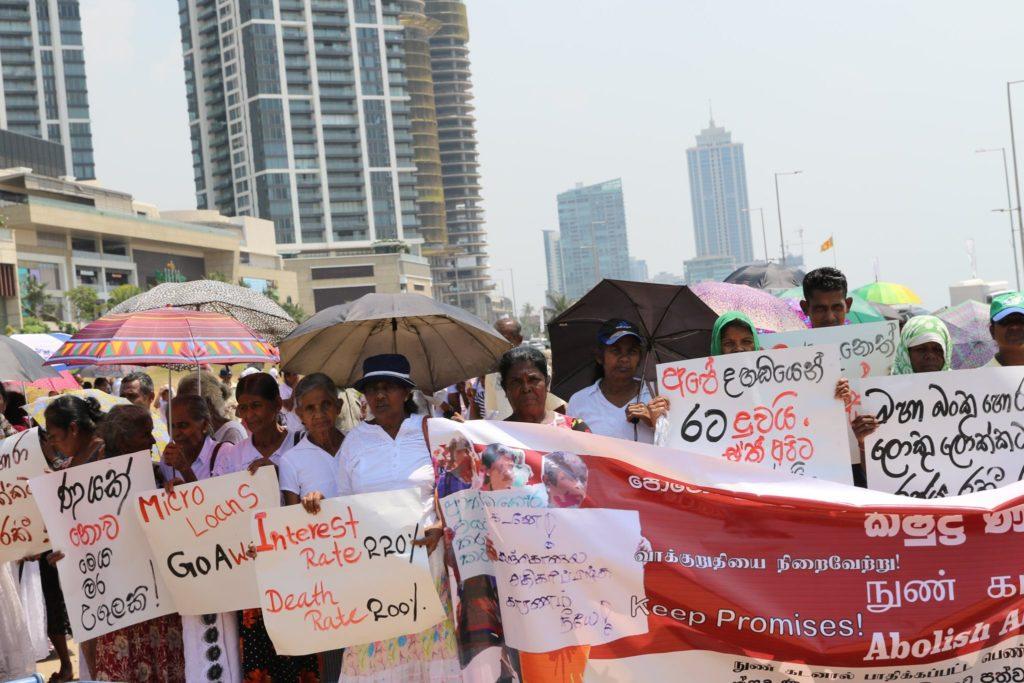
Equitable Distribution of Resources and Opportunities:
Gender justice calls for the fair allocation of economic resources, employment, land, credit, and social services, recognising and addressing the structural inequalities that disadvantage women and gender minorities in the economy.
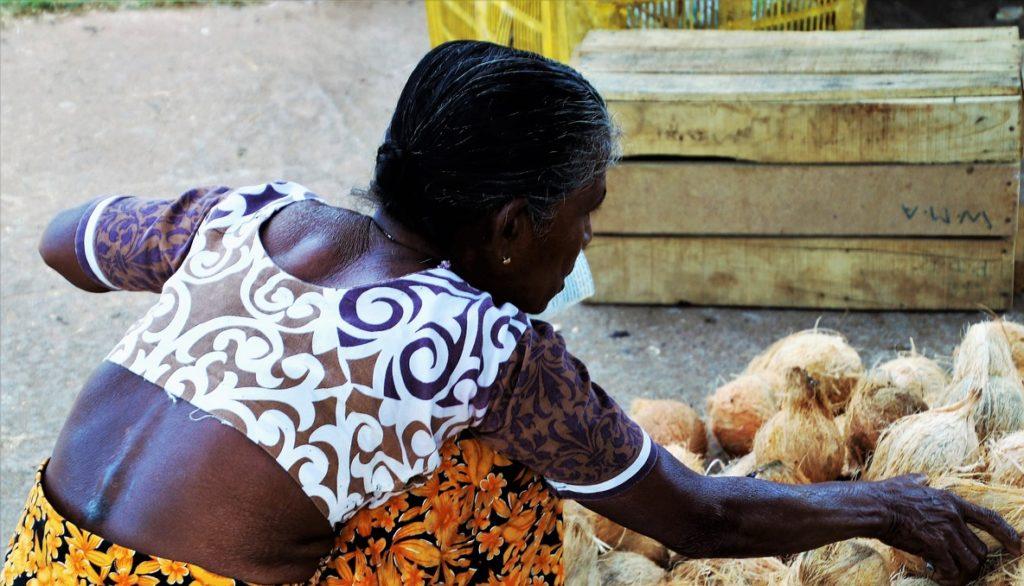
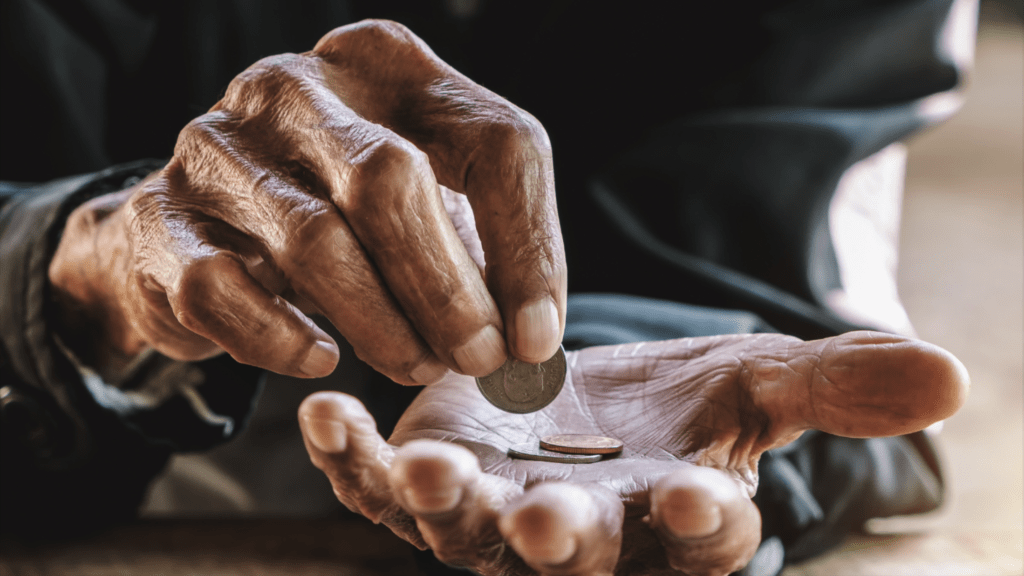
Recognition of Unpaid and Care Work:
It challenges the invisible nature of domestic and care labour—primarily performed by women—and advocates for policies that value, redistribute, and reduce this work through public investment and institutional support.
Equal Participation in Economic Decision-Making:
Gender justice requires the full inclusion of women and gender-diverse individuals in shaping economic policy, budgeting, trade negotiations, and institutional governance to ensure their needs and perspectives are represented.
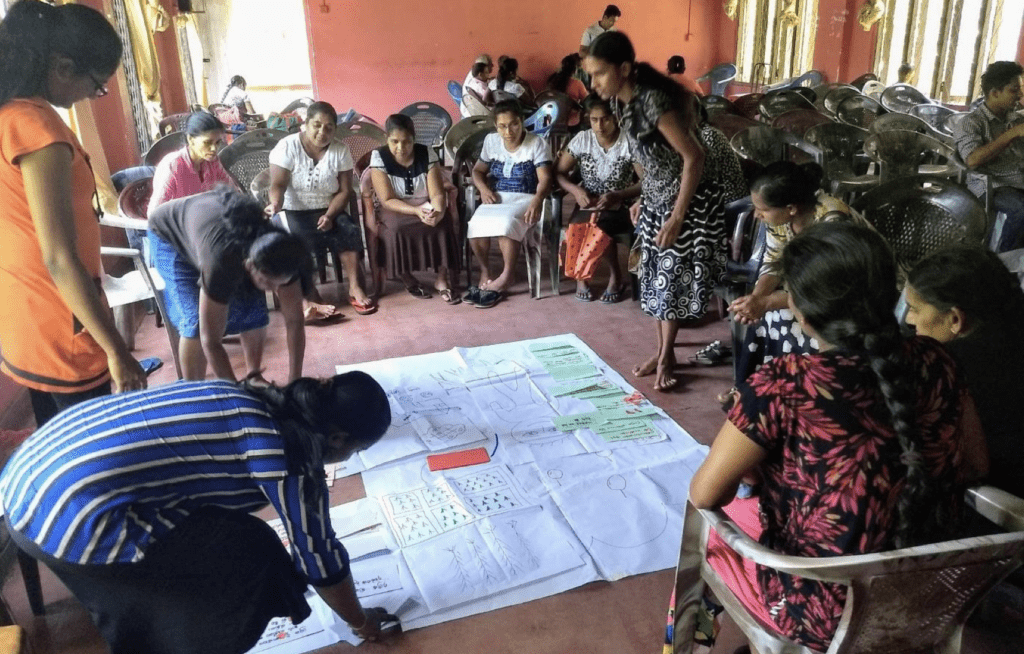
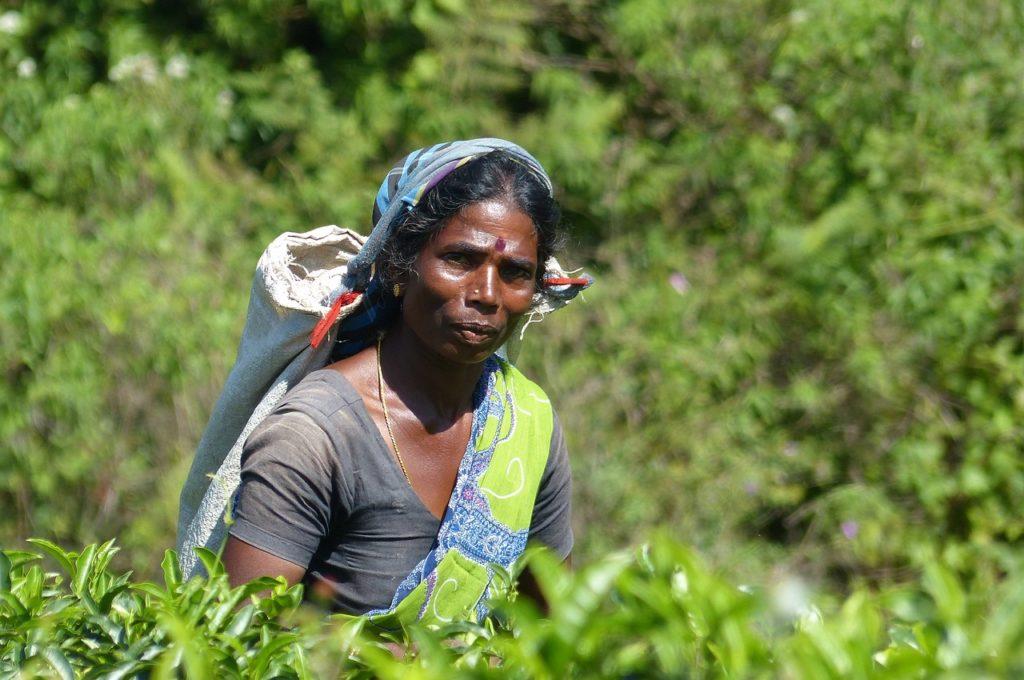
Intersectional Approach to Inequality:
It acknowledges that gender inequality is compounded by other forms of oppression—such as class, caste, ethnicity, disability, and sexual orientation—and promotes policies that address these overlapping injustices.
Challenging Patriarchal Norms in Economic Structures:
Gender justice requires the full inclusion of women and gender-diverse individuals in shaping economic policy, budgeting, trade negotiations, and institutional governance to ensure their needs and perspectives are represented.
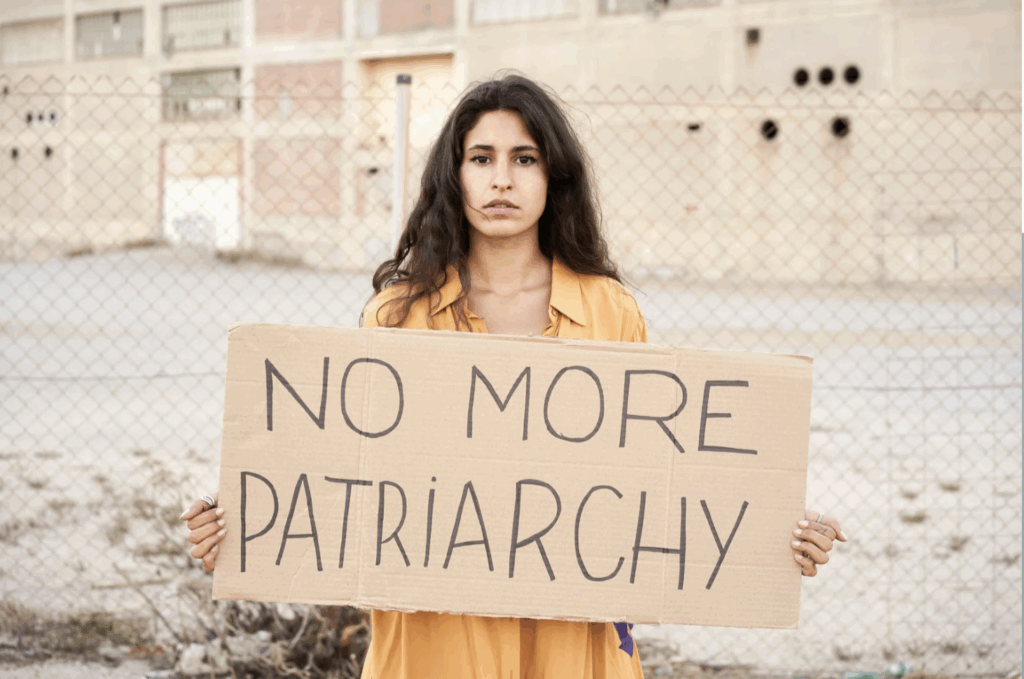
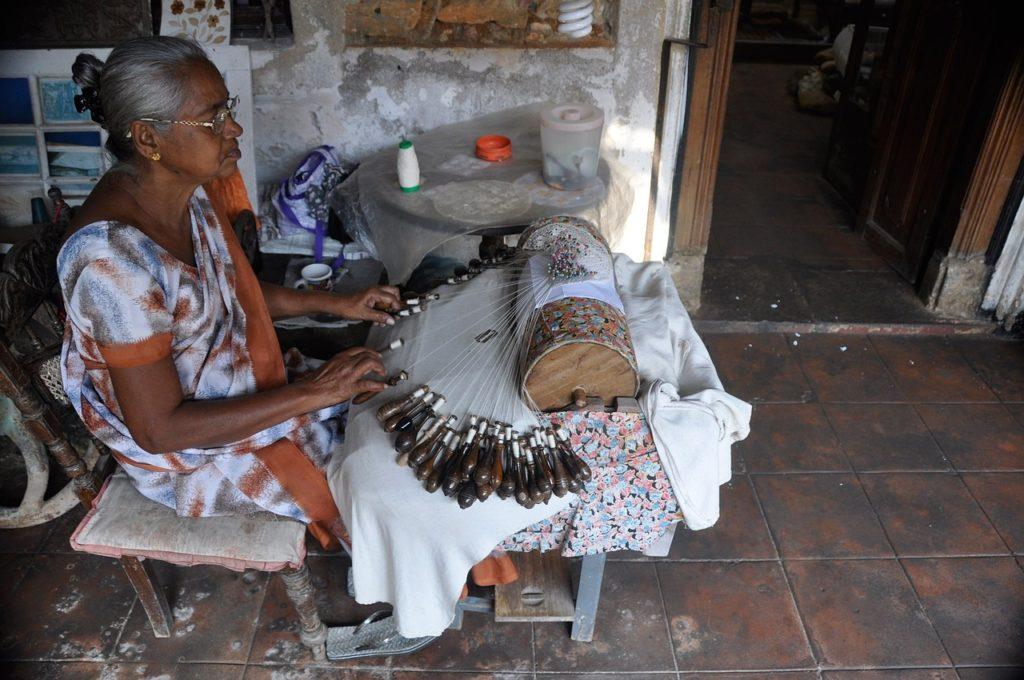
Transformative Reparations and Redistribution:
It supports structural reforms that go beyond inclusion, advocating for reparative justice through land reform, wage equity, labour protections, and public services that uplift historically marginalised gendered groups.
Working women should not pay for the profligacy of reckless creditors
“The first principle, in terms of macroeconomic policy is see what your overall strategy would do for the condition of women and do no harm” – Professor Jayati Ghosh
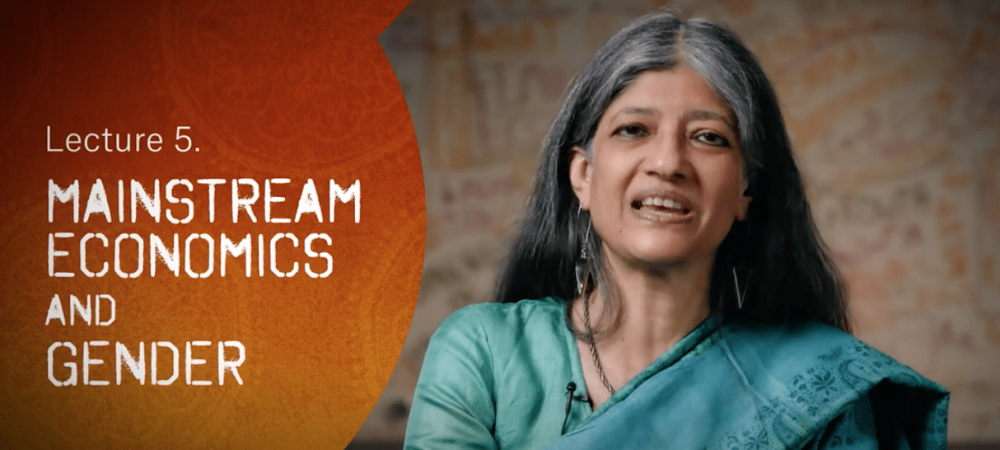
Gendered perspectives
Debt Crisis, Corporate Culpability and the Apparel Sector: Labour Reforms in Perspective
20 June 2023, Kanchana N. Ruwanpura, GroundViews
Gendering the debt crisis: Feminists on Sri Lanka’s financial crisis
13 November 2022 by Bhumika Muchhala , Kanchana N Ruwanpura , Smriti Rao
What Sri Lanka’s economic crisis looks like for women
13 September 2023, Shefali Rafiq, The New Humanitarian
Feminist collective statement on the Sri Lankan crisis
Asia Pacific Forum on Women, Law and Development and Women’s Major Group
Women for Debt Relief: “Our Lives Are Worth More Than Their Credits”
Committee for the abolition of illigitimate debts (CADTM)
Harvesting from the heart: In the face of the economic crisis in Sri Lanka, women farmers remain determined to produce for their families and communities
11 November 2022, ReliefWeb (Originally published UNDP)
